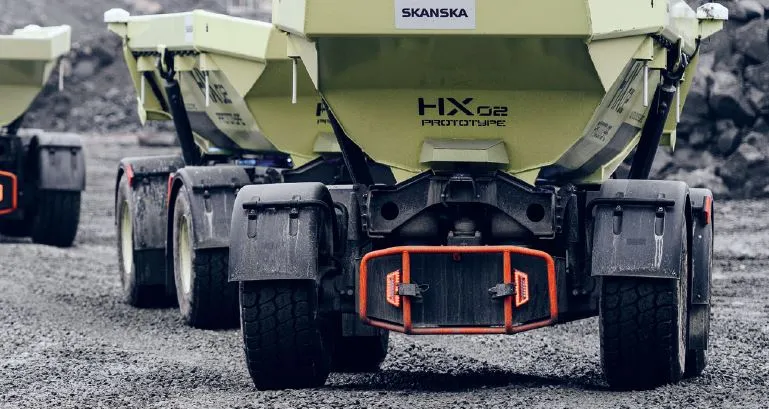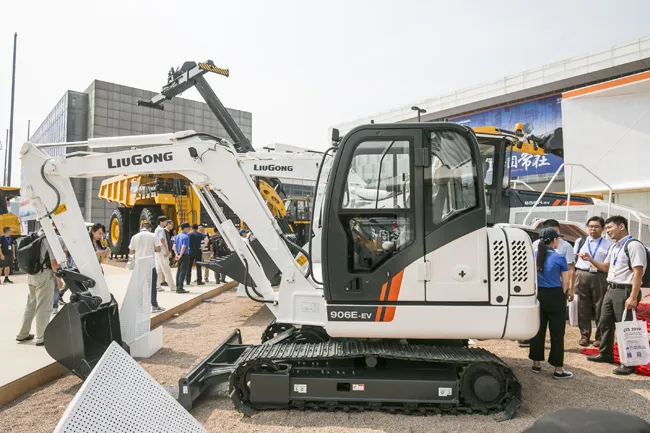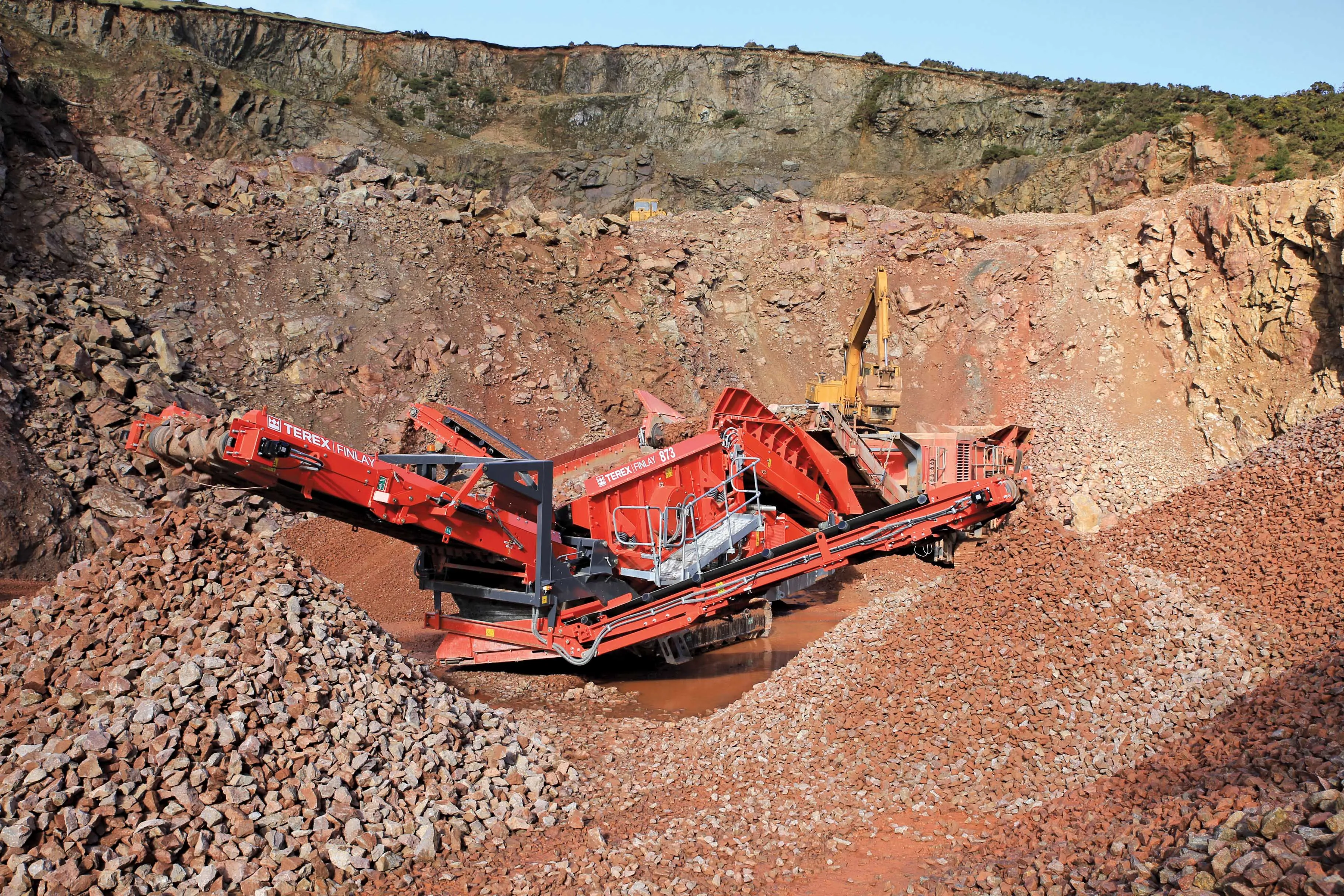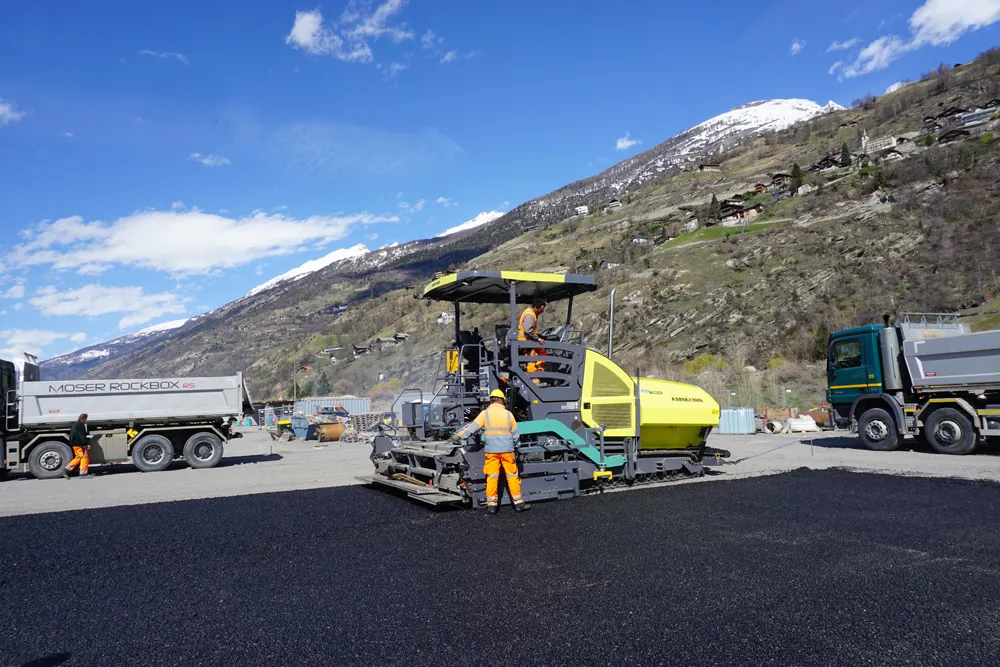
A project to reduce carbon emissions from quarrying operations is underway in Sweden.
Carried out by
The partners have been carrying out trials at the Vikan Kross Quarry, located close to Gothenburg. The team claims that results suggest that the Electric Site project can help Volvo CE achieve its future vision where work sites are 10 times more efficient and will have zero accidents, zero unplanned stops and zero emissions.
A 25% reduction in running costs is predicted although the prototype machines are part of a research project and not commercially available.
Progress has been made, lessons learned and testing with Skanska will continue, said Uwe Müller, chief project manager for the Electric Site at Volvo CE.
The Electric Site project is intended to electrify each transport stage in a quarry – from excavation to primary crushing, and transport to secondary crushing. It incorporates electric and autonomous prototype Volvo CE machines, new working methods and site management systems. New technology encompasses machine and fleet control systems and logistic solutions for electric machines in quarries.
The Electric Site project involves eight HX2 autonomous, battery-electric load carriers, which transport the material from the primary mobile crusher up to the secondary static crusher. The second-generation prototypes incorporate shared technologies and components from the Volvo Group. They use a lithium-ion battery to power two electric
motors which drive the machine; the hydraulics are driven by an additional electric motor.
The HX2 is fitted with a vision system that detects humans and obstacles within the vehicle’s vicinity. It can follow an adjustable, preprogramed GPS path.
The LX1 prototype electric hybrid wheel loader delivered more than a 50% improvement in fuel efficiency at the quarry, as well as significant reductions in emissions and noise pollution compared to its conventional counterparts. Its job was to organise the piles of material at the site.
The LX1 is a series hybrid that incorporates a driveline consisting of electric drive motors mounted at the wheels, electric-driven hydraulics, an energy storage system, a significantly smaller diesel engine and new machine architecture, including a new design of the lifting unit.
The EX1 70tonne, dual-powered, cable-connected excavator prototype loaded the primary crusher at the quarry. The base machine for the EX1 is a Volvo EC750 crawler excavator that has been upgraded to incorporate an electric motor in addition to the diesel engine.
The EX1 was plugged into the grid, so zero emissions were emitted. If the cable is connected, the EX1 will automatically start in electric mode. If it’s not, it will start in diesel mode. The EX1 is operated in the same way as a conventional Volvo excavator.








